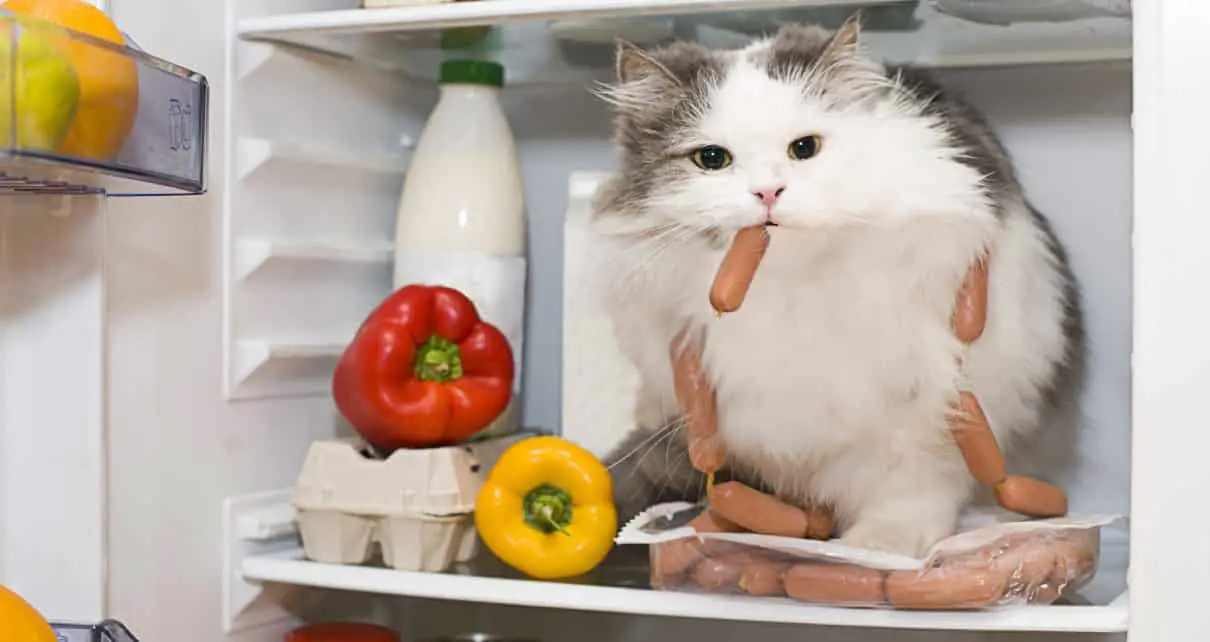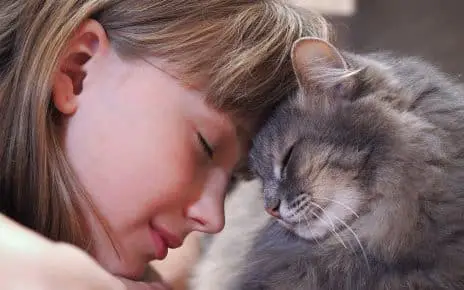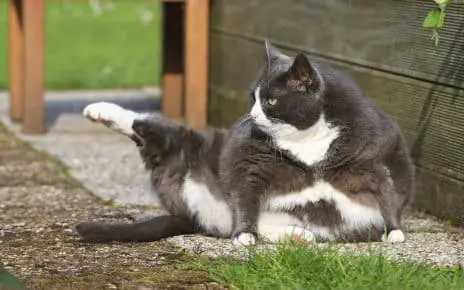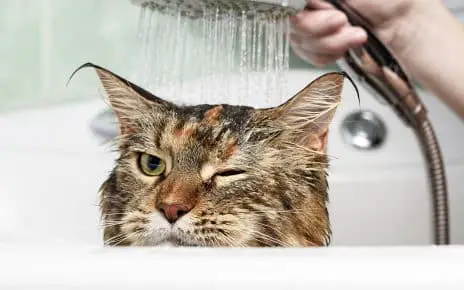Now while there’s nothing wrong with handing your beloved feline a treat or two, simply giving him or her a bite of whatever you’re munching on can be rather risky for your pet ? even to the point of being deadly.
There’s no need to worry just yet though if you’re still quite unsure which human foods your cat can also enjoy. Here is a handy guide you can check out the next time your kitty comes begging for a tidbit!
Human Foods for Cats #1: Fish
There is a reason why most cat foods you can get your hands on these days are usually made from fish. Apart from tasting great, these bounties from the sea also showcase a few cool health benefits that make them a superb addition to your pet’s diet.
Let’s start things off with its very high levels of protein that a cat needs to keep its body functioning properly. At its simplest, this macronutrient plays a key role in the production of natural chemicals like enzymes and hormones that are building blocks of blood, skin, cartilage, muscles and bones.
Protein also helps pick up the pace on the repair and rejuvenation of damaged cells and tissues as well as maintaining overall metabolism, which can easily hold back health problems like osteoporosis, weak tendons, unexpected spikes in blood pressure and obesity.
Moreover, fish contains generous amounts of omega-3 fatty acids called docosahexaenoic acid (DHA) and eicosapentaenoic acid (EPA), which cats can have a tough time synthesizing in their system. DHA and EPA do not just help prevent inflammations of the joints, skin and kidneys, but also stave off heart disease.
Human Foods for Cats #2: Certain Fruits and Vegetables
Fruits and veggies don’t top most cats’ favorite foods list, but you’ve no doubt seen your cat try to munch through some of your houseplants every once in awhile.
When your cat is obviously craving the fiber or roughage it needs to keep its digestive system in great shape, veterinarians recommend serving up chopped greens, boiled winter squash, green beans, steamed broccoli or asparagus, zucchini, baked potatoes and cucumber. Apples, melons and bananas are also good picks to go for ? but should be given in very small portions only.
However, there are a couple of very important things to keep in mind when you’re feeding your cat fruits and vegetables. One, make sure you clean them thoroughly first to get rid of dirt and other foreign substances that can make your pet’s throat and stomach act up if ingested.
Two, boil or steam firm veggies for a few minutes to soften them up. Your cat’s digestive system can have a tough time doing its job properly if you feed it raw vegetables like potatoes and squash. On the plus side, cooking them also helps make them more enjoyable for your pet.
Human Foods for Cats #3: Cheese
It’s not just mice who like cheese – cats adore this stuff too. And giving your cat a piece of cheese or two is alright as long as you do it moderately – err on the side of stinginess. Sure, dairy products like cheese are often considered as red flags when it comes to the feline diet, but your pet’s digestive system can handle it if in small doses.
[contentblock id=1 img=gcb.png]Besides having loads of muscle-building protein, cheese is also very rich in calcium, a type of mineral which is crucial for the development of healthy teeth and bones. Scientific studies also report that calcium has a few other benefits to your cat’s health like preventing some types of cancer as well as holding back hypertrophic cardiomyopathy, a type of heart disease, if consumed in moderation.
Likewise, experts also suggest that calcium may possess a few components that can put a stop to feline obesity, which can lead to a number of serious health issues for your pet sooner or later if not given the right attention.
Human Foods for Cats #4: Eggs
Serving up a side of eggs for your kitty may sound ridiculous at first, but it’s actually one of the healthiest treats you can give your pet. For starters, eggs are bursting with good stuff like vitamin B12, vitamin D, creatine and carnosine, which help maintain and optimize brain function.
Eggs are also considered as a good source of the omega-3 fatty acid, DHA that helps keep joint problems, like arthritis, kidney disease and heart issues among cats at bay. Veterinarians strongly recommend not giving your feline raw eggs though since they can harbor a number of food-borne bad bacteria and illnesses.
Human Foods for Cats #5: Meats
Ask any avid cat fancier what’s the best human food that can be given to felines and chances are you’re going to be answered with “meat.” Although this may sound like a safe option, it is actually backed up by science.
See, besides being packed with essential nutrients, meats like beef, pork and poultry are transformed into amino acids when metabolized in your pet’s body. These amino acids are essential in repairing tissues, improving energy storage, keeping metabolism up to par as well as helping the system boost its immunity against diseases.
Now while there may be varying viewpoints on which type of meats should be used or whether raw or cooked is best, just keep in mind that you should give your pet a balanced ratio of fat and meat per serving to get the most out of it each and every time.



